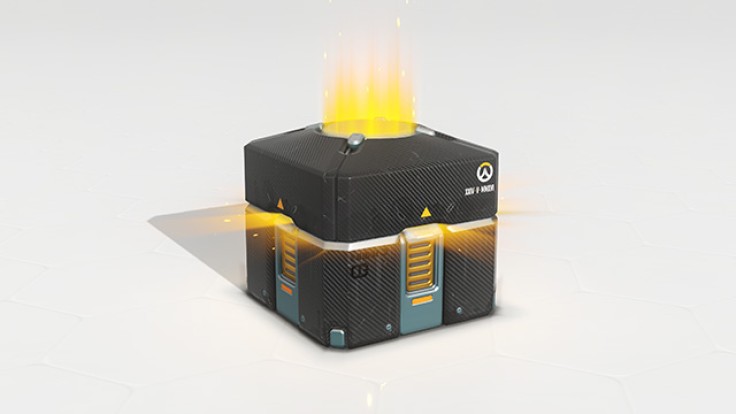
The European Union is starting to crack down on gaming loot boxes.
Consumer groups in 18 European countries have allegedly backed a report from the Norwegian Consumer Council (NCC) calling the loot boxes "exploitative," according to a recent BBC report.
The loot box controversy started in 2017 when game publisher Electronic Arts (EA) released a game wherein most of its desirable features are locked away behind monetization schemes involving loot boxes, per PC Gamer.
NCC Report Against Loot Boxes
BBC mentioned in its article that the NCC said gamers are being "manipulated' into spending large sums of money on loot boxes, which could be considered a form of gambling.
Finn Lützow-Holm Myrstad, director of digital policy at the NCC, said in the report that it appears obvious that the design and mechanism driving in-game purchases for games with loot boxes are "predatory, manipulative, and exceedingly aggressive," on consumer vulnerabilities at every opportunity.
He also said in the report that the sale and presentation of loot boxes involve" exploiting consumers through predatory mechanisms, fostering addiction, targeting vulnerable consumer groups, and more."
These vulnerable consumer groups also include children, as games like FIFA 21 and Fortnite are aimed at children despite having loot boxes.
Myrstad argues that governments must pass legislation regulating or curbing loot boxes in video games, especially those aimed at children.
Why Are Loot Boxes Exploitative?
Loot boxes are an in-game monetization scheme similar to a slot machine in a casino. Only, in the case of a video game, a player would need to spend in-game currency to "roll" the game's slot machine, which will provide rewards at a random but fixed rate. To win the "jackpot" - an item you wish from a loot box — a player must get extremely lucky or spend real-world money to obtain it.
Read More : Pokemon Diamond and Pearl Sound Library To Shut Down — Nintendo Players Have 24 Hours Left
Video game developers such as EA and Blizzard Entertainment have hidden either the most desired in-game content in these loot boxes, such as in EA Star Wars: Battlefront II for EA and Overwatch for Blizzard Entertainment. The report also included Epic Games' Fornite in the list.
The NCC's infographic also named FIFA 22, FIFA's official football video game licensed under EA, as a game with loot boxes.
This monetization scheme then forces players to either "grind" or play extended hours to earn enough in-game currency to roll the game's slot machine or buy the in-game currency using real-world money, which is the origin of the loot box's "exploitativeness."
Games with loot boxes won't let players see what they have bought until they have paid for one to open, making critics consider them a form of gambling.
A study conducted by the Royal Society found that loot boxes could cause problem gambling among older adolescents, allowing game developers to profit from them for "massive monetary rewards" while the adolescents develop gambling problems. These gambling problems could develop into compulsive gambling when they turn into an adult according to the Mayo Clinic.
"Children have a reduced ability to exert self-control and have more difficulty understanding valuation and probabilities in games," Myrstad said in the NCC's report. "This makes children more vulnerable to unfair game design than adults, and to marketing that obscures information or manipulates the player into making a purchasing decision."
The NCC's Backers
20 consumer groups from 18 European countries, including the Europen Consumer Organization, have announced their support and official backing of the NCC report, calling their governments to pass regulations on the monetization practice.
The European Consumer Organization represents consumers in Europe as well as those in the United Kingdom.
Currently, Belgium and the Netherlands are the only European countries that banned the monetization scheme, which they did in 2018 and 2019, respectively. However, the Netherlands overturned the ban in 2022 when a court found that EA had not broken the country's gambling legislation.









